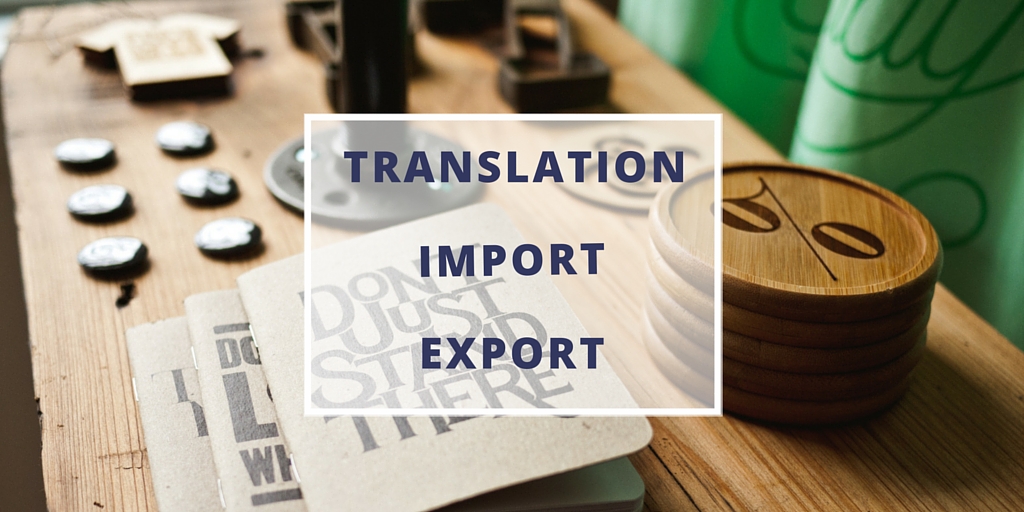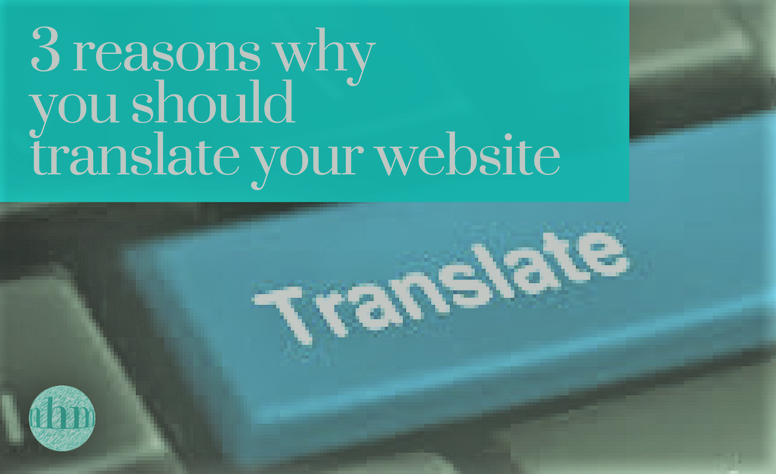Translators and translation are key if you are exporting or importing to a new market. Maybe your business has a great product and you have identified a niche in a new foreign market. You may have invested in setting up a website in English and spent a great amount of time and money developing it with web design experts and copywriters. Now after all this effort, you will need to adapt your website and translate it for a new market. You may also need to translate instructions or other content for your target market.
Professional translators
Where do you start?
One option is to hire a translator directly as most translators work as freelance contractors. The other option is to hire a translation agency which acts as an intermediary, so you won’t be in direct contact with the translator. The second option is preferable for most projects as you will save time and money and a great translator who partners with your business can add real value and help you meet your goals. Most translators in Australia are accredited by the National Accreditation Authority for Translators and Interpreters (NAATI). This guarantees a certain level of professionalism in a language pair. It is however difficult to know who will be your perfect translation partner.
Here are a few tips:
- Look up the NAATI directory (naati.com.au) as well as individual translator websites to review translator profiles. Some foreign embassies list professional translators on their websites, so check them out as well.
- Choose a translator who translated in to their native language. So if you are exporting to France, find a native French translator etc.
- Choose a translator specialised in your field. If you are a cloud computing company, then a translator specialised in wine or pharmaceuticals will not be a good match.
- Understand that translators become translators through different pathways. Look for previous industry experience as well as translation qualifications to find the right person to partner with your business.
- Avoid the use of Google Translate or machine translation, unless you have the output checked by a native speaker. Even then, the chances are that the text will not be as effective or well written as a one written by a professional translator. Part of a translator’s job is to assess the purpose of the text and to convey this purpose by recreating it in the translation. So if you want to get your hotel’s website translated, a translator will first look at identifying the ways you promote the hotel and compare that to norms in the target language and culture in order to ensure that the new text has the same effect on your potential guests.
Why are cultural considerations important? First and foremost because you are starting from scratch in your target market.
You need effective texts to be able to build your brand in this market. Your translator is likely to identify and inform you of any potential cultural issues in your text. For example, will your brand name or slogan be problematic? Is the image you have selected inappropriate for your target audience? Your translator’s in-depth knowledge of both the source and target cultures will alert you to these kinds of issues. Translators are professional wordsmiths and cultural experts. Make sure you use them to get your message across in a new market. 




 English
English